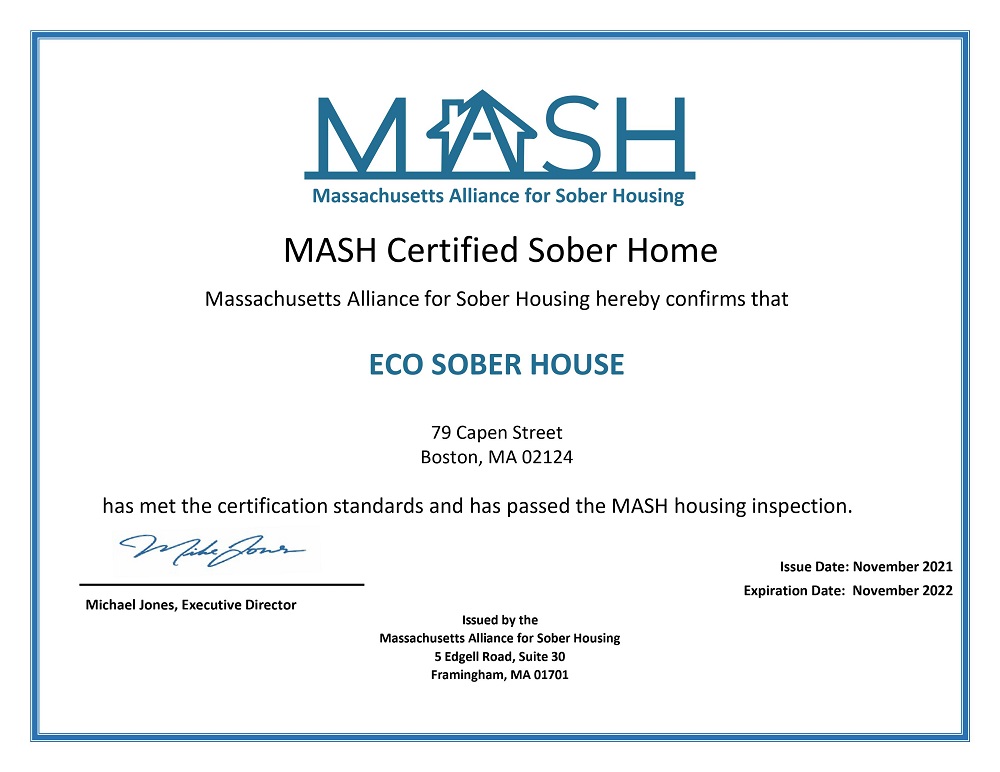Alcohol Use Disorder and Depressive Disorders Alcohol Research: Current Reviews
Content
Whether or not emotional pain causes addition, every person who has ever experienced an addiction, as well as every friend and family member, knows that addiction creates a great deal of emotional pain. Therapy for those in recovery and their family is often essential for healing those wounds. Sleep regulates and restores every function of the human body and mind. The power to resist cravings rests on the ability to summon and interpose judgment between a craving and its intense motivational command to seek the substance. Stress and sleeplessness weaken the prefrontal cortex, the executive control center of the brain.

Research found that alcohol-dependent patients with depression responded to desipramine.46 Desipramine yielded prolonged abstinence in patients with depression who were using alcohol but not in alcohol users without depression. There is no published data alcohol relapse from Kenya on the association between alcohol use disorders and depression. Research-based evidence would prompt clinicians to screen for depression in alcohol-dependent persons. If you don’t have alcohol dependence, you can stop drinking alcohol.
Stop drinking if you start to feel bad
Alcoholics who experience high levels of anxiety or nervousness, including panic attacks, will likely benefit from education and reassurance as well as from behavioral therapies aimed at increasing levels of relaxation. Despite the availability of several evidence-based medications and behavioral therapy https://ecosoberhouse.com/ approaches for treating co-occurring AUD and depressive disorders, improvements in treatment for this population are clearly needed. Consideration of disorder heterogeneity and key subgroup differences may help develop more targeted and personalized treatments to improve outcomes for this population.

And if you’re worried about your drinking, there are alcohol support services that can help. Among people with major depressive disorder, the co-occurrence of AUD ranges from 27 to 40 percent over a lifetime, according to the National Institute on Alcohol Abuse and Alcoholism (NIAAA). If you feel that you sometimes drink too much alcohol, or your drinking is causing problems, or if your family is concerned about your drinking, talk with your health care provider. Other ways to get help include talking with a mental health professional or seeking help from a support group such as Alcoholics Anonymous or a similar type of self-help group. If your pattern of drinking results in repeated significant distress and problems functioning in your daily life, you likely have alcohol use disorder. However, even a mild disorder can escalate and lead to serious problems, so early treatment is important.
Alcohol can worsen negative emotions
Similar results have been generated from some, but not all, studies of alcoholism in relatives of patients with severe anxiety disorders. Nor did a review of several recent studies by Fyer and colleagues1 and Noyes and colleagues1 reveal high rates of alcoholism in relatives of people with social phobia or other anxiety disorders (Schuckit and Hesselbrock 1994). Mutual-help groups also can be effective elements of treatment for co-occurring AUD and depressive disorders. Another study examined stress-induced and drug-related craving and physiological responses using individualized scripts of comparable length and style for stress, drug- related, and neutral-related situations.

In Kenya a study by Ndetei et al. showed that there was positive correlation between major depressive illness, panic disorder, and alcohol abuse among patients admitted at the main referral psychiatric hospital [8]. Although the cooccurrence of depression and alcohol use disorders has been confirmed by several studies, the relationship between the two disorders has been difficult to describe [9]. Studies have attempted to differentiate between depressed and nondepressed alcohol-dependent persons with particular focus on the participant’s level of alcohol dependence, demographic characteristics, or illness-related variables. It has been shown that depression is more related to the current alcohol drinking episode than lifetime diagnosis of depression [11].
Alcohol and Depression: The Link Between Alcoholism and Depression
That’s why your doctor or psychologist will work with you to create a treatment approach that addresses both issues. It helps people understand events and thought processes that lead to depression and substance misuse. In addition, your doctor may prescribe medicines that are meant to lower alcohol cravings, which can reduce your desire to drink.
- There is no published data from Kenya on the association between alcohol use disorders and depression.
- Data from studies of depression indicate that the substantial variability in the symptoms presented reflects a heterogeneous pathophysiology,32 yet research on heterogeneity in co-occurring AUD and depressive disorders remains limited.
Despite finding that rates of alcohol abuse or dependence were relatively high in both samples, the researchers saw no evidence that preexisting depressive or anxiety disorders occurred at higher rates among those subjects who later developed alcoholism. Certain theories give rise to the expectation that alcoholics might have high rates of long-term, independent anxiety and depressive disorders (Wilson 1988). Perhaps as a result of the influence of these theories, psychotherapists frequently reported deep-seated emotional difficulties or persisting psychiatric symptoms in alcoholics, even when alcohol-dependent people were sober.
• Build a support network of friends and family to call on when struggling and who are invested in recovery. If you are concerned that you or someone you care about has a problem with alcohol there is a lot of help available. Here you can find useful links and phone numbers to get the support you need.
- There was documented followup at home for each participant by the community-based health worker (CBHW) twice a week, and the principal researcher (P.I) or assistant (once a week) at Kangemi Heath Centre for a period of 6 months.
- Cravings can intensify in settings where the substance is available and use is possible.
- Despite finding that rates of alcohol abuse or dependence were relatively high in both samples, the researchers saw no evidence that preexisting depressive or anxiety disorders occurred at higher rates among those subjects who later developed alcoholism.
- Alcohol changes the way your brain cells signal to each other, which can make you feel relaxed.

